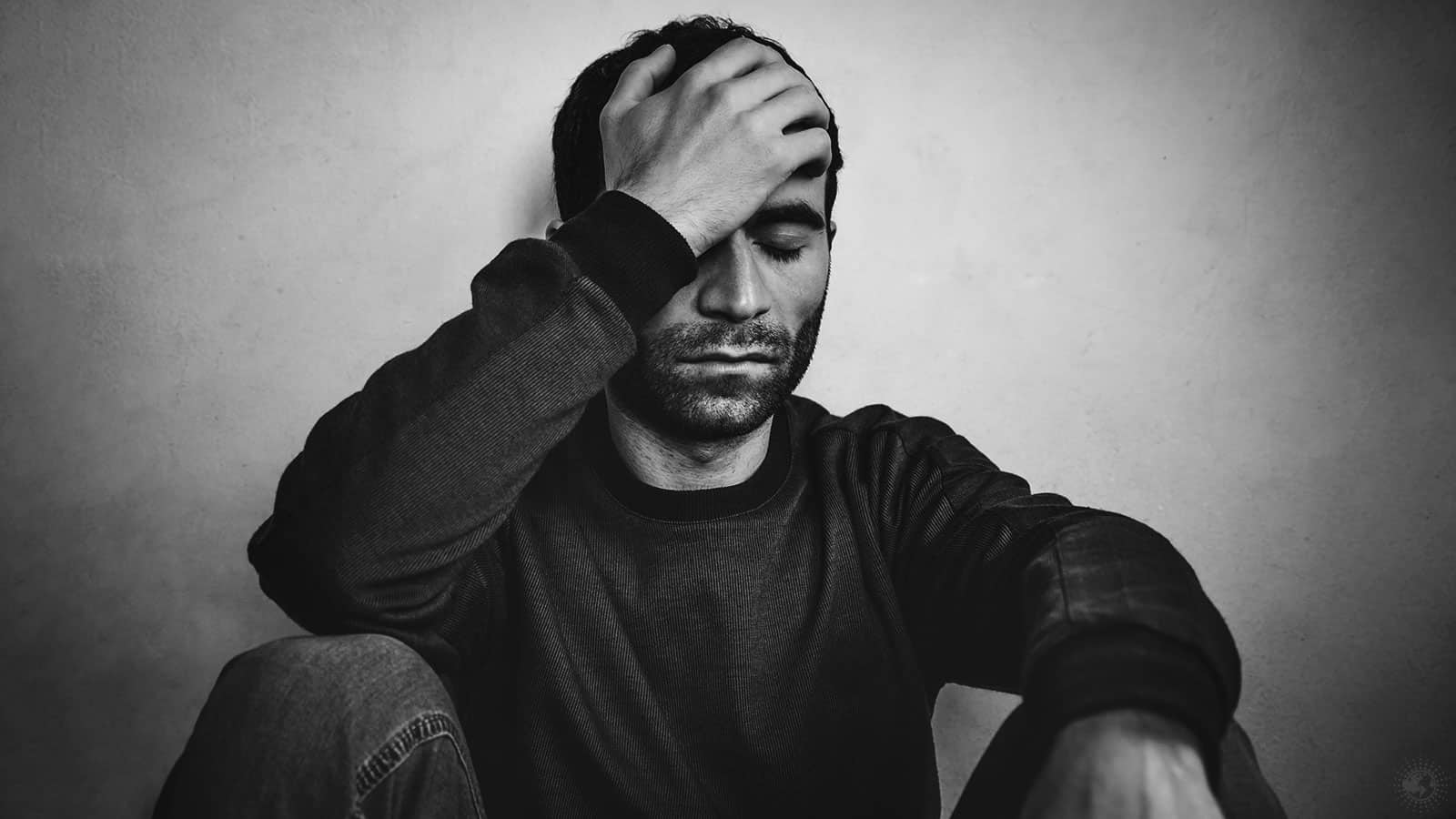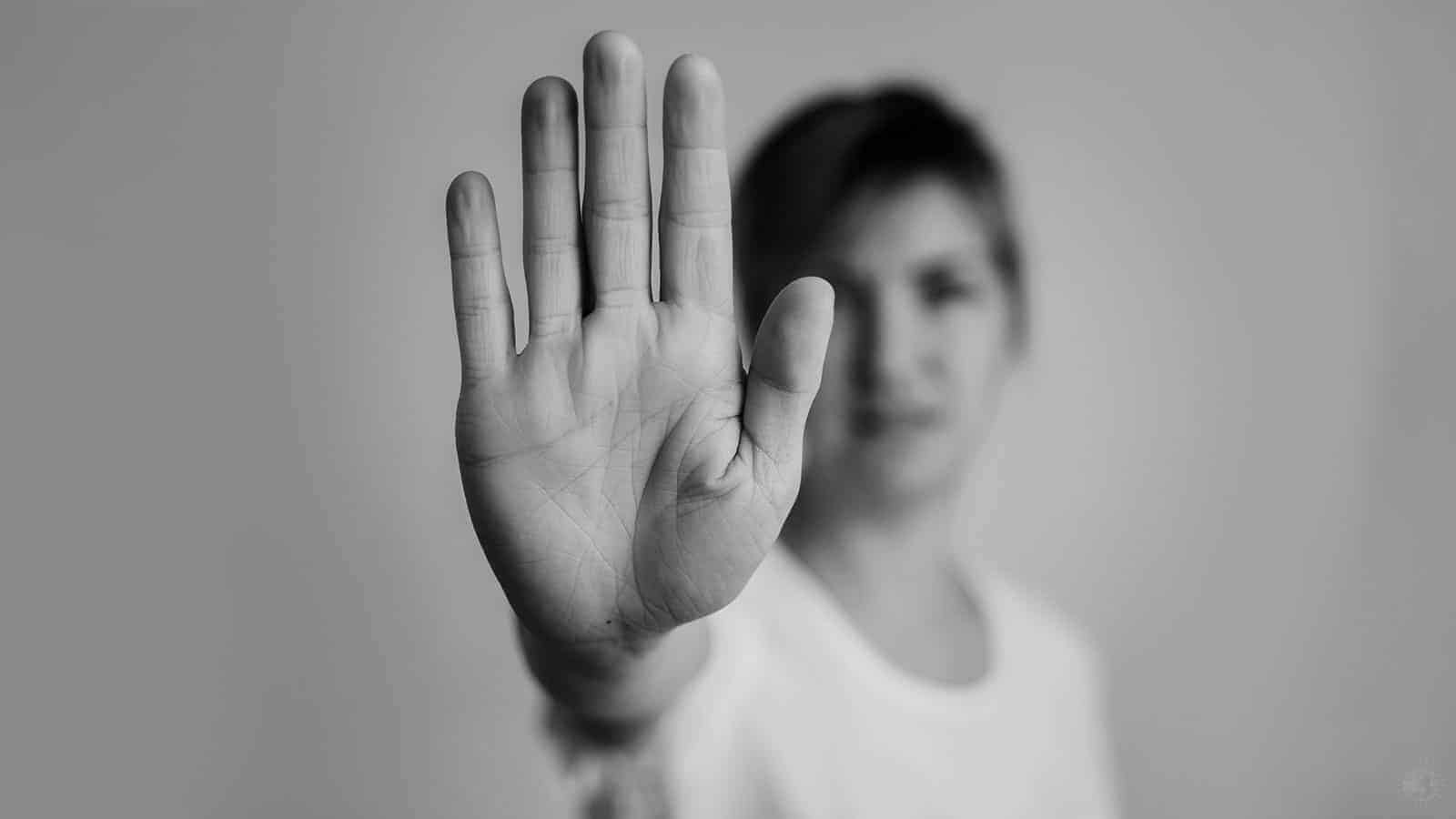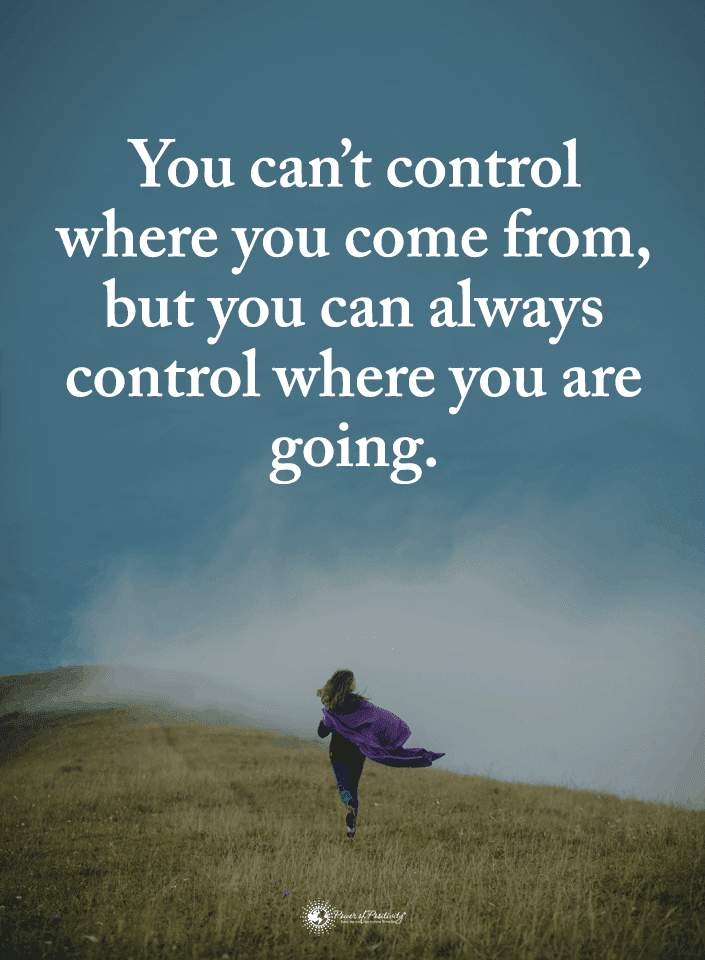If you have one or more mental illnesses, then you might battle a plethora of symptoms. Have you noticed that you have more exhaustion than usual? It could be another health issue, or it may be stemming from a psychiatric disorder.
We live in a society that is blessed with more technology and convenience than any other time in history. Yet, we seem more tired than ever. Talk to just about anyone you know, and they will probably complain of how exhausted they are these days.
Is this fatigue a product of a work-obsessed culture, or could it have something to do with brain chemistry? After countless scientific studies, psychologists believe that mental illness can be a significant contributor to fatigue. Struggling to find answers to your chronic lack of energy has probably exhausted you.
Have you been shaming yourself for not being as energetic as you would like? Treat yourself with compassion and realize that you are neither lazy nor unambitious. Here are some reasons why your mental disorder can be making you tired.
It’s Ok Not to Be Ok
We live in the 21st century with astronomical advances in science and medicine. Unfortunately, the shadows of mental illness stigma still linger. Remnants of Victorian-era prejudice continue to influence our attitudes about these conditions and those who have them.
Does that sound painfully familiar to you? After being diagnosed with a mental disorder, did you feel a tinge of guilt or shame? You may even feel guilty for stigmatizing yourself. To cope with your inner turmoil, you may try to mask it.
Trying to maintain a façade of happiness is a never-ending chore. Perhaps you are tired of well-meaning people continually asking if you are ok. To end their curiosity, you keep a happy smile glued to your face, regardless of the pain on the inside.
Repressing your feelings can be quite exhausting. You are always careful not to let your guard down, so people see the true you. Realize that it’s ok not to be ok every second of the day.
Your Story is in a Perpetual Loop
Nobody feels like explaining or defending themselves at every turn. When you have a mental health issue, everyone becomes an expert in the field. One of the reasons why you may hide your diagnosis and feelings is to detour prying noses.
Do you feel like an exhausted fish in a glass bowl for everybody to scrutinize? Regardless of your diagnosis, somebody seems to know all about it. It is frustrating to hear ignorant people trying to compare you to movies they’ve seen or books they’ve read.
For many people, being admitted to a mental health facility for inpatient care can be especially embarrassing. If you have, realize that your mental health was a stake, and you made the best decision. There is no shame to receive intense therapy, and you needn’t feel obligated to share your business.
Staying in a defense mode chronically stresses your body into the fight, flight, or freeze mode, which is an adrenal response. The excess adrenaline and cortisone can result in serious health issues and relentless fatigue. While you have every right to advocate for yourself, you don’t owe anyone an explanation or defense.
You Never Feel Rested After Sleeping
You know that smothering haze you have in the mornings when you didn’t get a good night’s sleep? These feelings can be exacerbated if you battle mental illness. Additionally, brain chemical imbalances are notorious for causing sleep disturbances.
Do you lie in bed and anxiously watch your alarm clock for hours? If you’re not getting quality sleep, your body can’t recharge itself, and you will continue to feel lethargic. Severe drowsiness is a side effect of many psychiatric medications, too.
Before you chalk up your sleepless nights to medicine or a symptom of your mental illness diagnosis, consult your doctor. She may prescribe a sleep study to diagnose an underlying sleep disorder or other health issues.
Can’t Stop the Chatter
When most people sleep, the brain temporarily shuts down all but vital functions. It is the brain’s time to recharge and allow the body to rejuvenate after a long day. For the most part, internal dialogue is silent.
For those with mental illnesses, the mind’s chatter rarely stops. It is as if you are in a crowd of people, and everyone is trying to talk to you at once. No matter how much you try to drown out the nagging voices, they may persist day and night. The lack of peace can cause exhaustion.
For some, like those with schizophrenia, the internal dialog can be perceived as the voices of other people. These voices can be irritating or dark and menacing. People with anxiety or depression may hear their internal voice encouraging their fears or suggesting other ones.
Hearing an endless, one-sided conversation in your mind can rob you of rest and precious energy. Medication and therapy have successfully treated people with this debilitating symptom, so there’s hope. Silencing the voices can help you re-energize.
Riding on a Mood Roller Coaster
It’s a false and unhealthy belief that people can be on “Cloud Nine” all the time. All your body’s systems experience an ebb and flow pattern. So likewise, your moods will slightly fluctuate from internal and external stimuli.
When these fluctuations increase dramatically across the emotional spectrum, a mental disorder may be the culprit. Mood swings are a common symptom in many mental illnesses, especially bipolar disorders. Instead of the gentle babbling of a brook, your moods may come crashing in like tidal waves.
Who wouldn’t be exhausted with such an internal noise? If your malaise comes from a bi-polar disorder, you may also be facing the consequences of severe manic episodes. Your mental health professional can discuss how therapy can reduce the symptoms of your mental illnesses.
You Don’t Feel Like Getting Out of Bed
When you are juggling a family, career, and other obligations, it stands to reason that you’ll have days you want to stay in bed. Rather than face the world, you just want to pull the covers over your head and forget it all. For the average person, these feelings are occasional.
If you have a mental disorder, reluctance to leave your bed may be the norm. Symptoms may bombard you that exhaust you, and your body refuses to cooperate. As a mode of defense, you may want to stay in bed indefinitely, but it’s just the mental illnesses that are affecting you.
Have you been diagnosed with depression? Severe fatigue, lack of interest, and self-isolation are tell-tale signs. Those with anxiety disorders, panic, and agoraphobia are also prone to locking themselves in the bedroom.
Hypersomnia, or oversleeping, can cause problems of its own. Lack of exercise can be harmful to your body and mind. Plus, you may not get the socialization you need if you are always hiding under the blankets, which is what your mental illnesses want you to do.
Restoring your life and joining the world again is possible with the right treatment. Has a mental disorder threatened to turn you into a hermit? Consult your doctor or therapist as soon as possible.
Mental Illnesses Can Be Treated, Not Cured
Psychiatric disorders are not like having the flu. You can’t just go home from work one day with an anxiety disorder, recoup a couple of days, and get over it. However, therapy and lifestyle changes can significantly reduce the reoccurrence and severity of symptoms.
Even with the best treatment plan, you can experience a relapse. These relapses of mental disorders can be devastating to your energy levels. It also requires a lot of momentum to rebuild your way back to health.
Talk with your mental health professional if you are experiencing more bad days than good. Your medications may need to be changed or tweaked, or another therapy can be explored. A setback doesn’t mean that you’ve failed.
Final Thoughts on Feeling Better When You Have a Mental Illness
As you have already discovered, diagnosing, and treating a mental disorder takes time, energy, and resources. Scheduling and attending doctor and therapy appointments can make anyone feel weary. Ongoing treatment means that you may have conflicts in family scheduling that need to be resolved.
Don’t be afraid to ask for help if you need it. If going to the doctor or counselor wears you out physically and mentally, ask a trusted family member or friend to take you. Many mental health facilities also offer in-home and video conference options. Your pharmacy may also provide home deliveries in your area.
If you feel overwhelmed with your treatment plan, talk to your therapist, if you are progressing well, maybe your visits can be less frequent. While you may get tired of running to appointments, they are ultimately worth your while.
Your fatigue may be a result of a mental illness diagnosis, and you may feel discouraged and hopeless. Consider talking to your mental health professional about your treatment options. You can have more energy and feel like doing things again that you’ve always enjoyed, but you must get your mental health in top shape.

















 Community
Community

